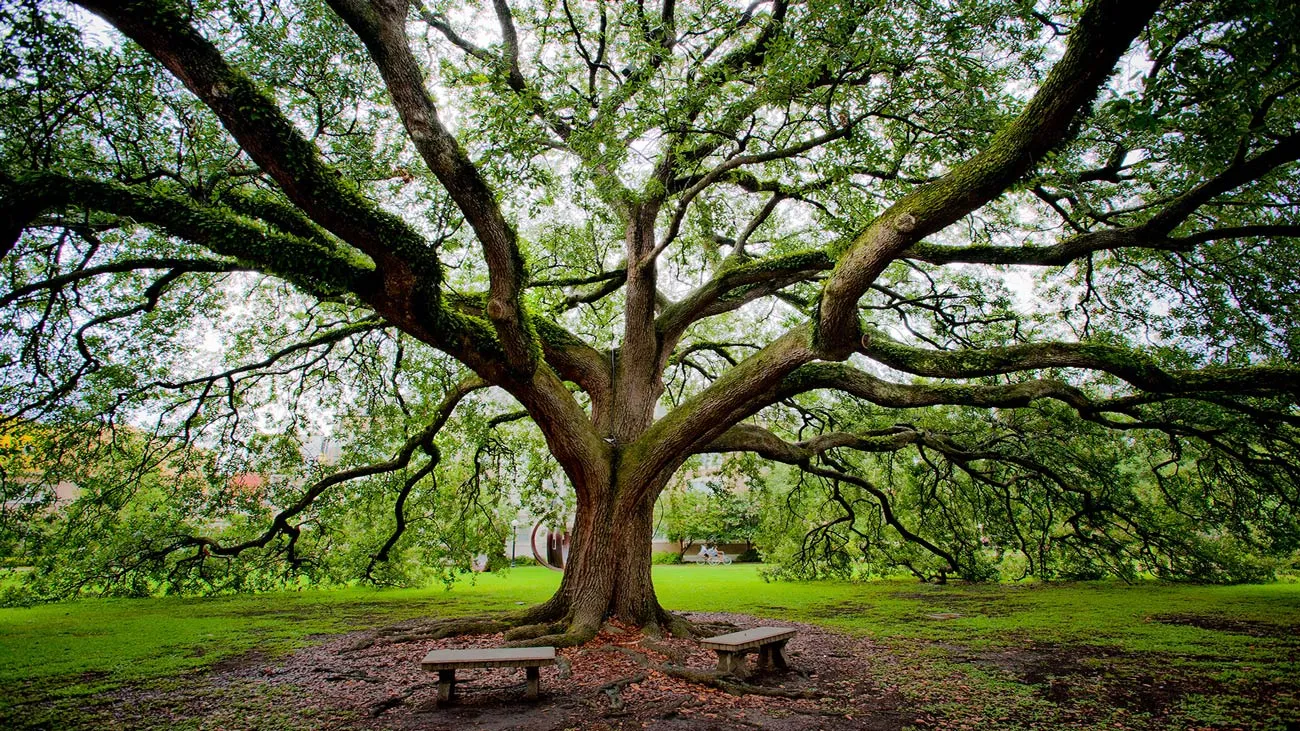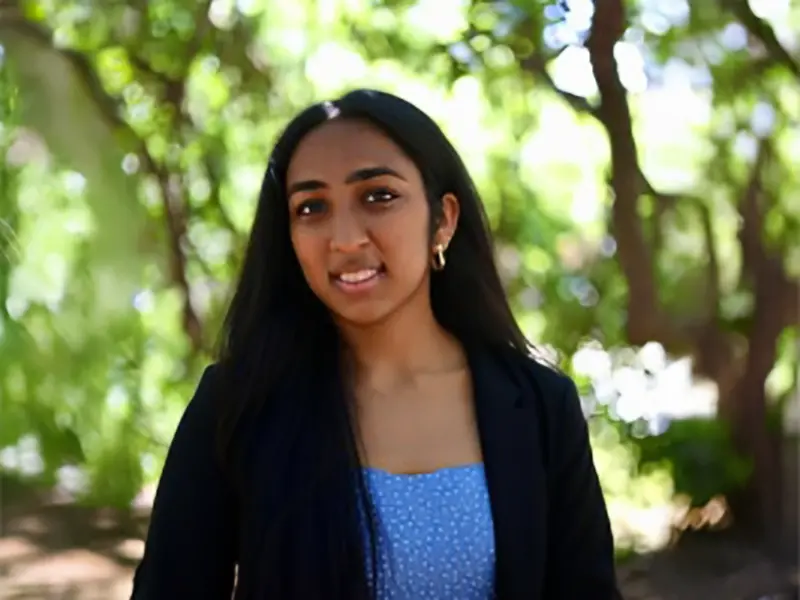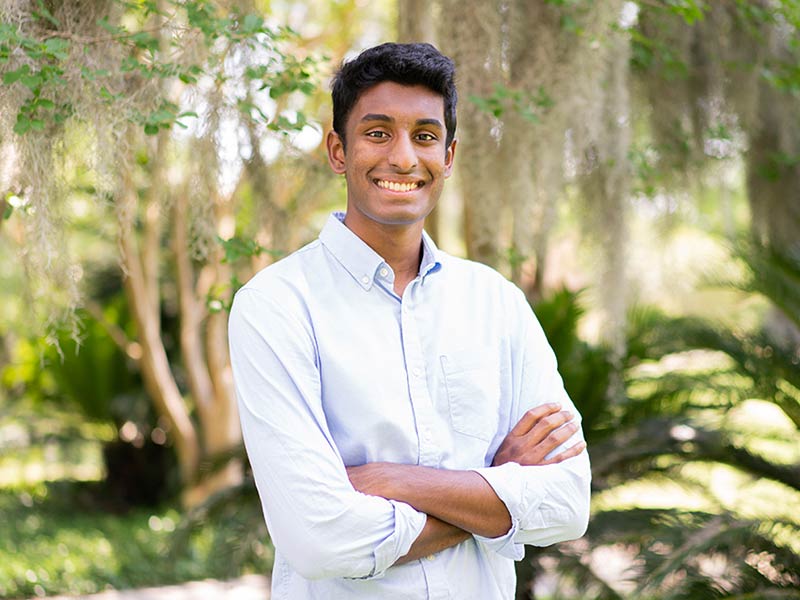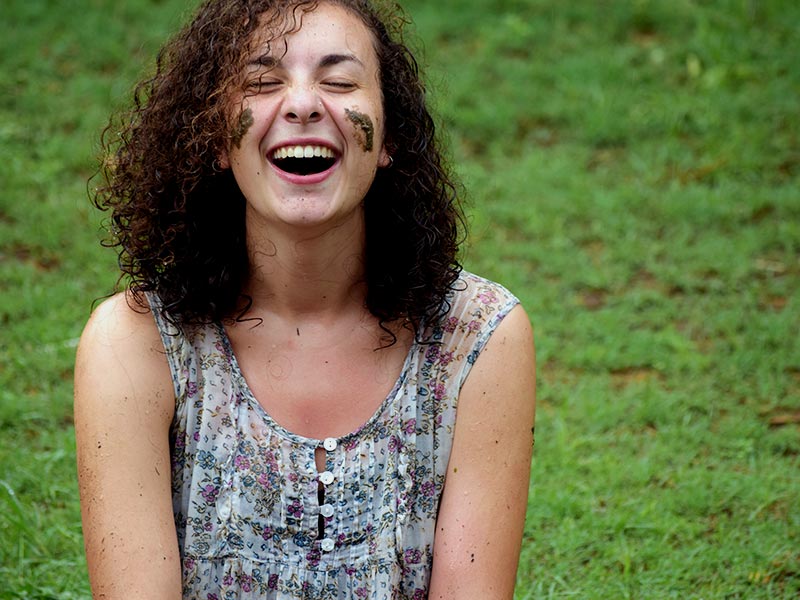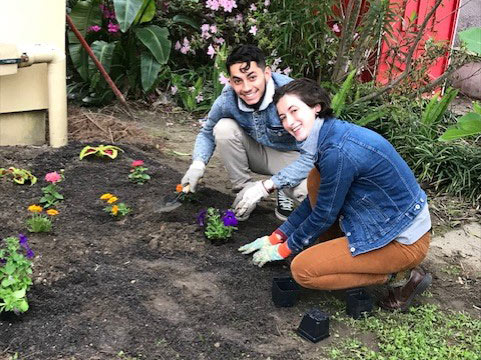Majoring in Environmental Studies (EVST) enables undergraduate students to pursue an interdisciplinary Bachelor of Arts degree focused on understanding the relationships between humans and the environment. Through coursework offered by several of Tulane's most prestigious Schools and Colleges, internships, and opportunities for independent study and honors theses, our majors develop a sophisticated understanding of the interplay between humans and the environment and rigorous knowledge of key environmental and humanistic concerns. This background prepares students to engage productively with the world around them: knowledgeable about people and the environment, and armed with skills in critical thinking and analysis that prepare them well for careers in environmental education, advocacy, policy, research, and a wide range of other fields.
Announcements
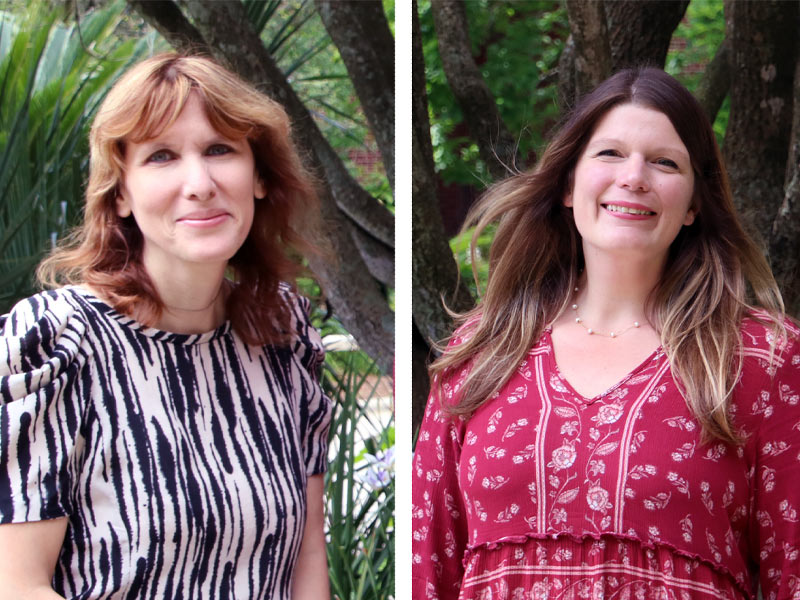
Tulane researchers awarded grant to develop environmental humanities minor
Two Tulane University School of Liberal Arts professors have received a grant from the National Endowment for the Humanities (NEH) to develop an environmental humanities minor.
Course Spotlights
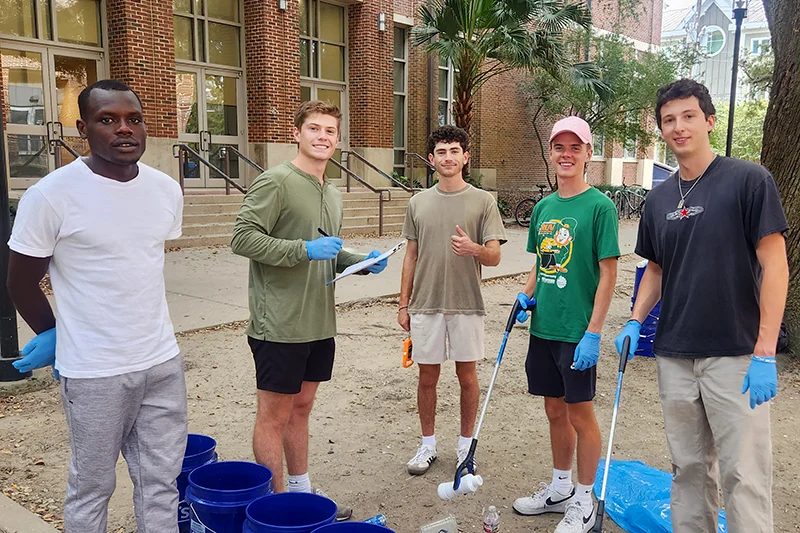
EVST 3310 - Approaches to Environmental Studies
Each fall semester, students in Nicole Katin's Approaches to Environmental Studies course conduct a waste audit in collaboration with the Tulane Office of Sustainability. The purpose of this activity is to assess the amount and type of waste our campus generates and to gauge the efficacy of our recycling program in diverting waste from the landfill.
Recycling and trash bags were collected from five different outdoor stations across campus. Working in teams, students sorted, counted, and weighed the contents. The results showed that only 3% of the materials in the landfill bin should have been in the recycling bin. However, around 49% of the materials in the recycling bags were contaminated, with items like partially full plastic water bottles, dirty coffee cups and food filled takeout containers contributing to the problem. Some of the most surprising finds were a glass bowl from the Commons in one of the garbage cans and multiple cat food cans in the recycling bin. It was truly an eye-opening educational experience for all those who took part.


